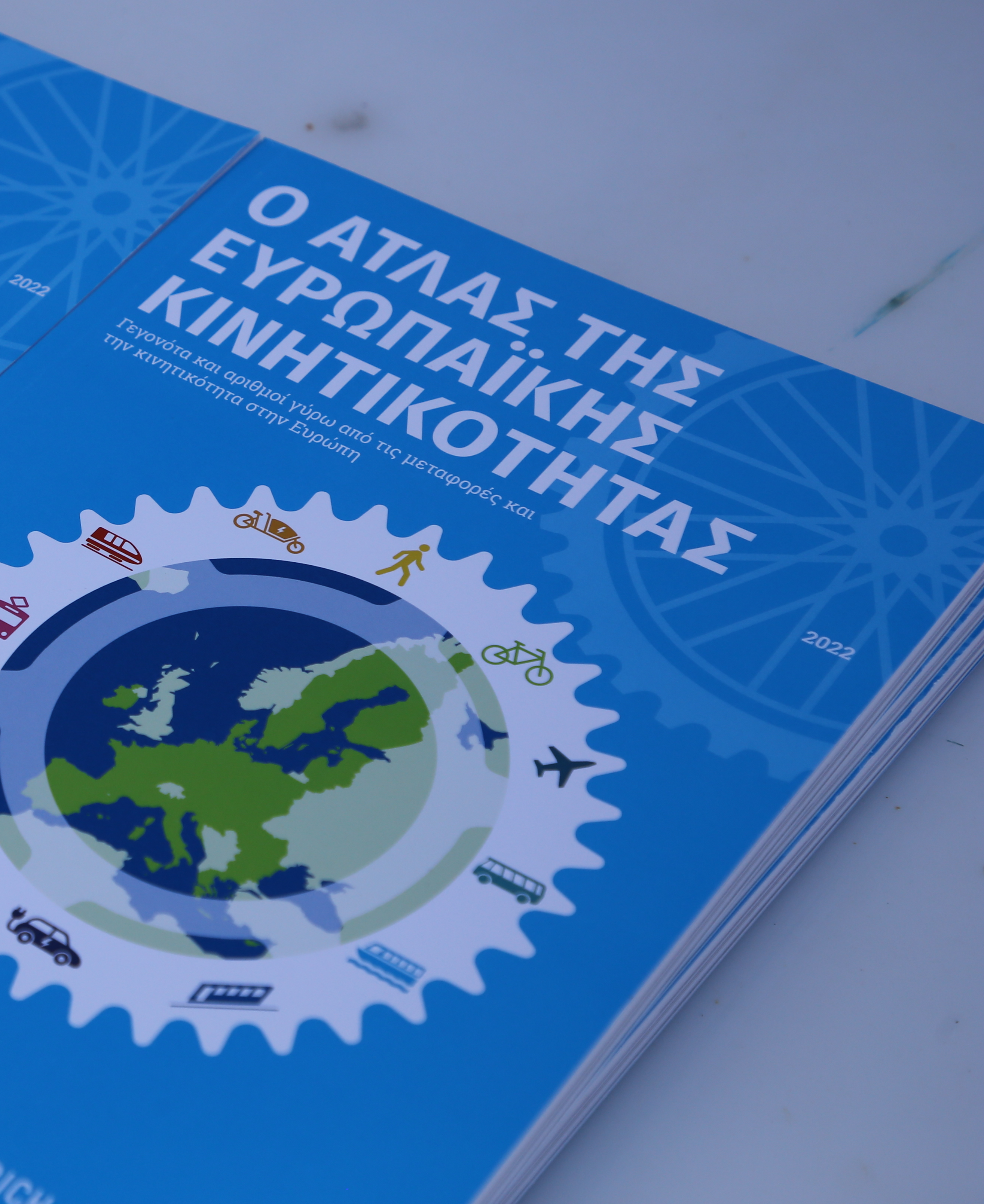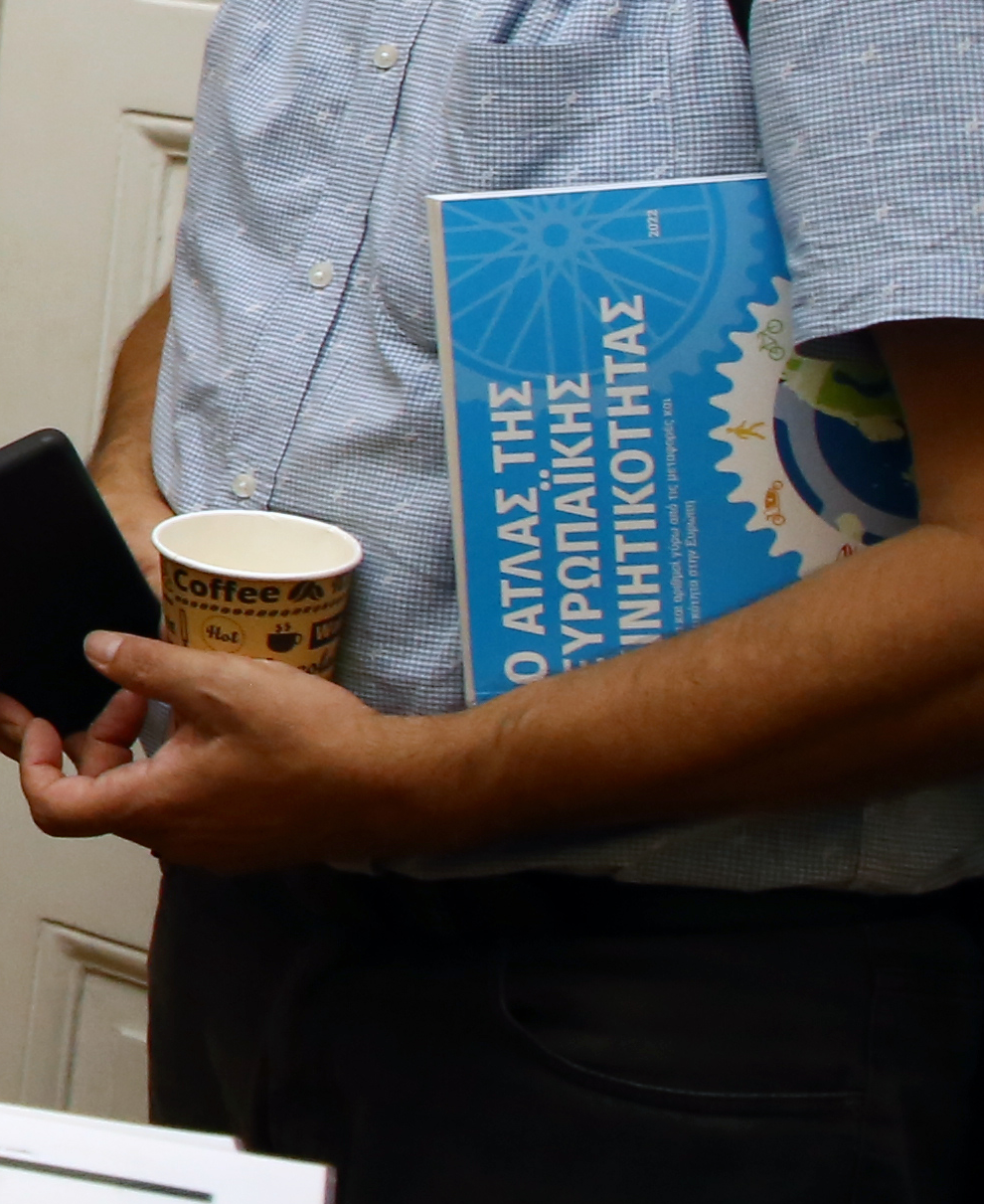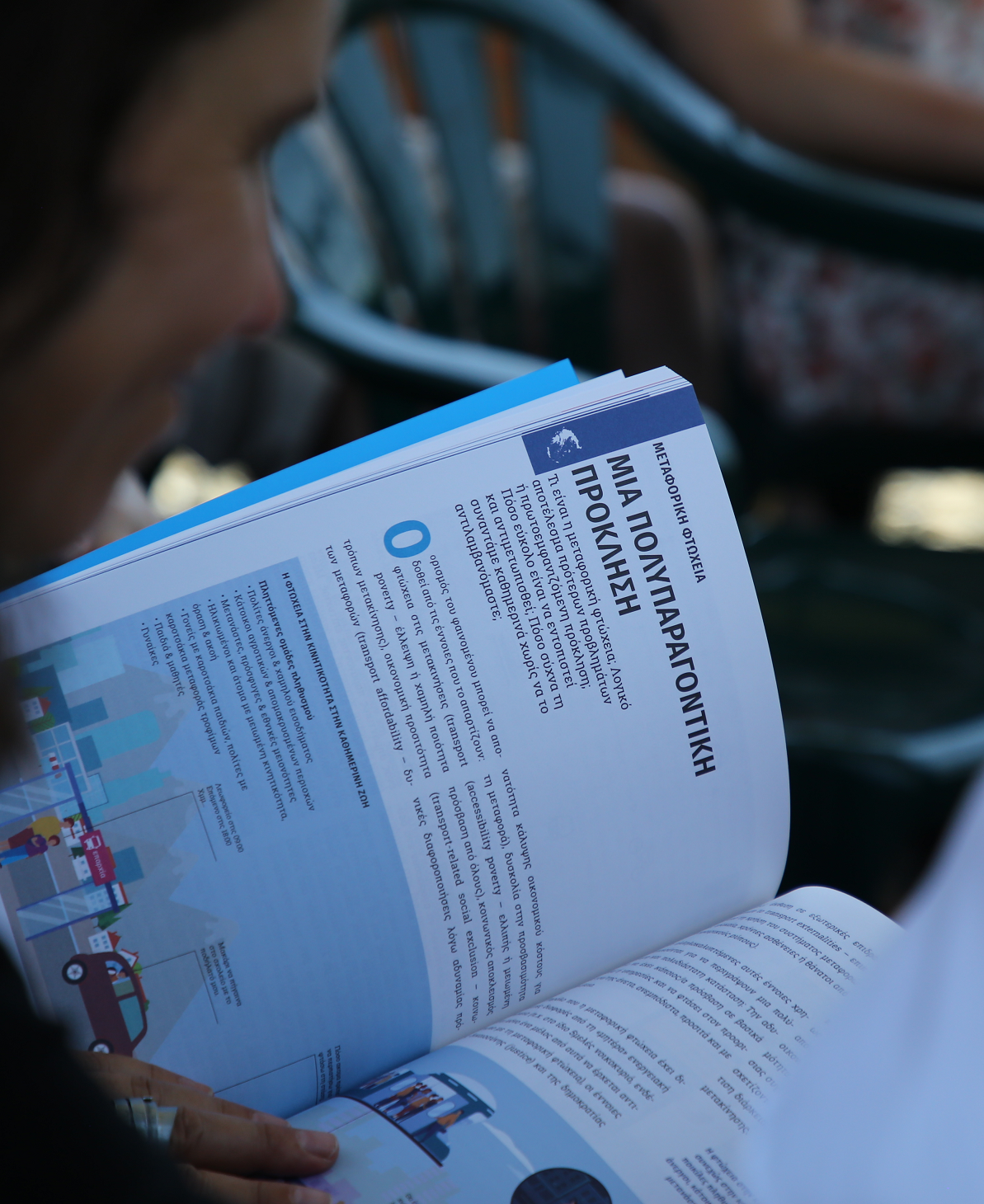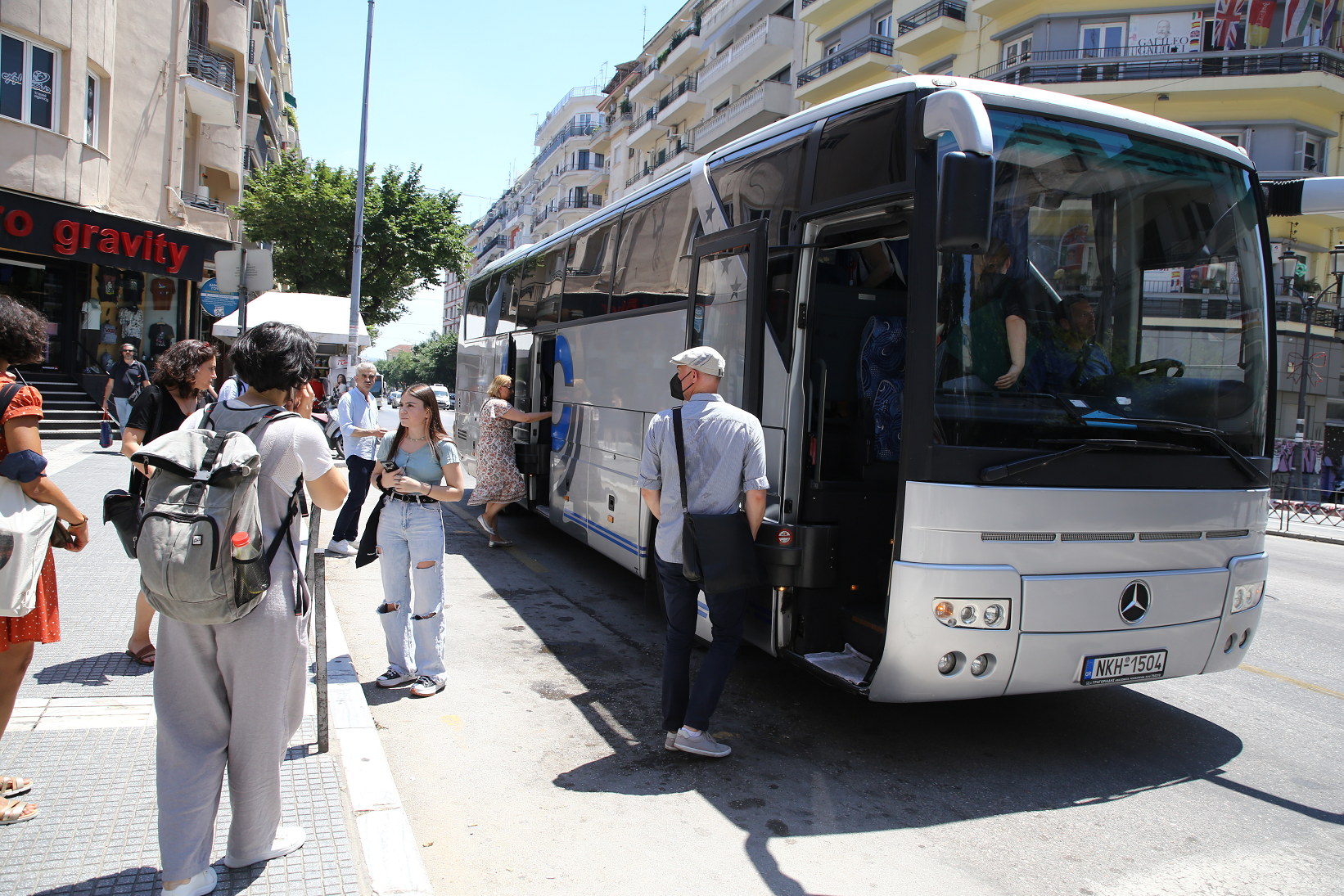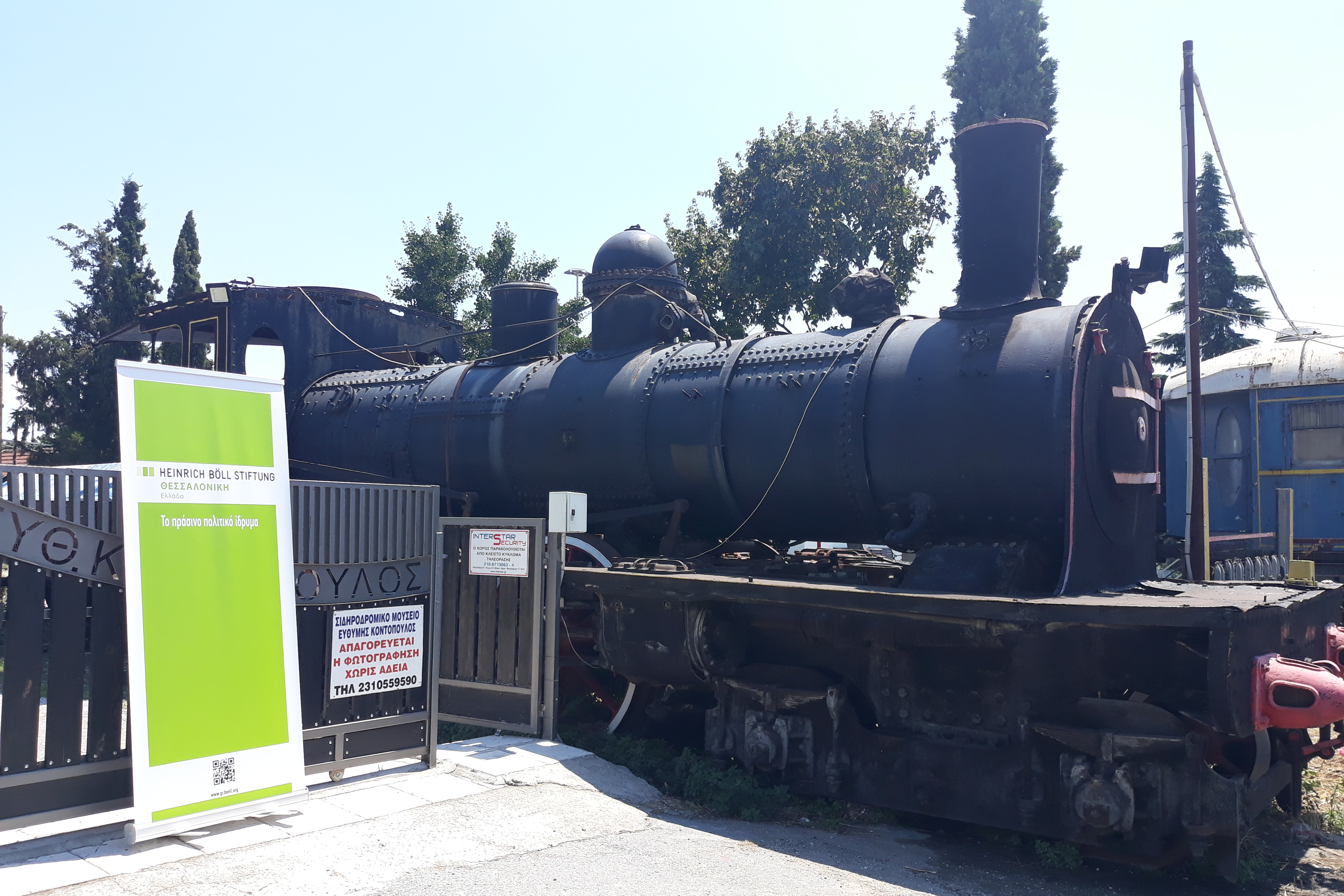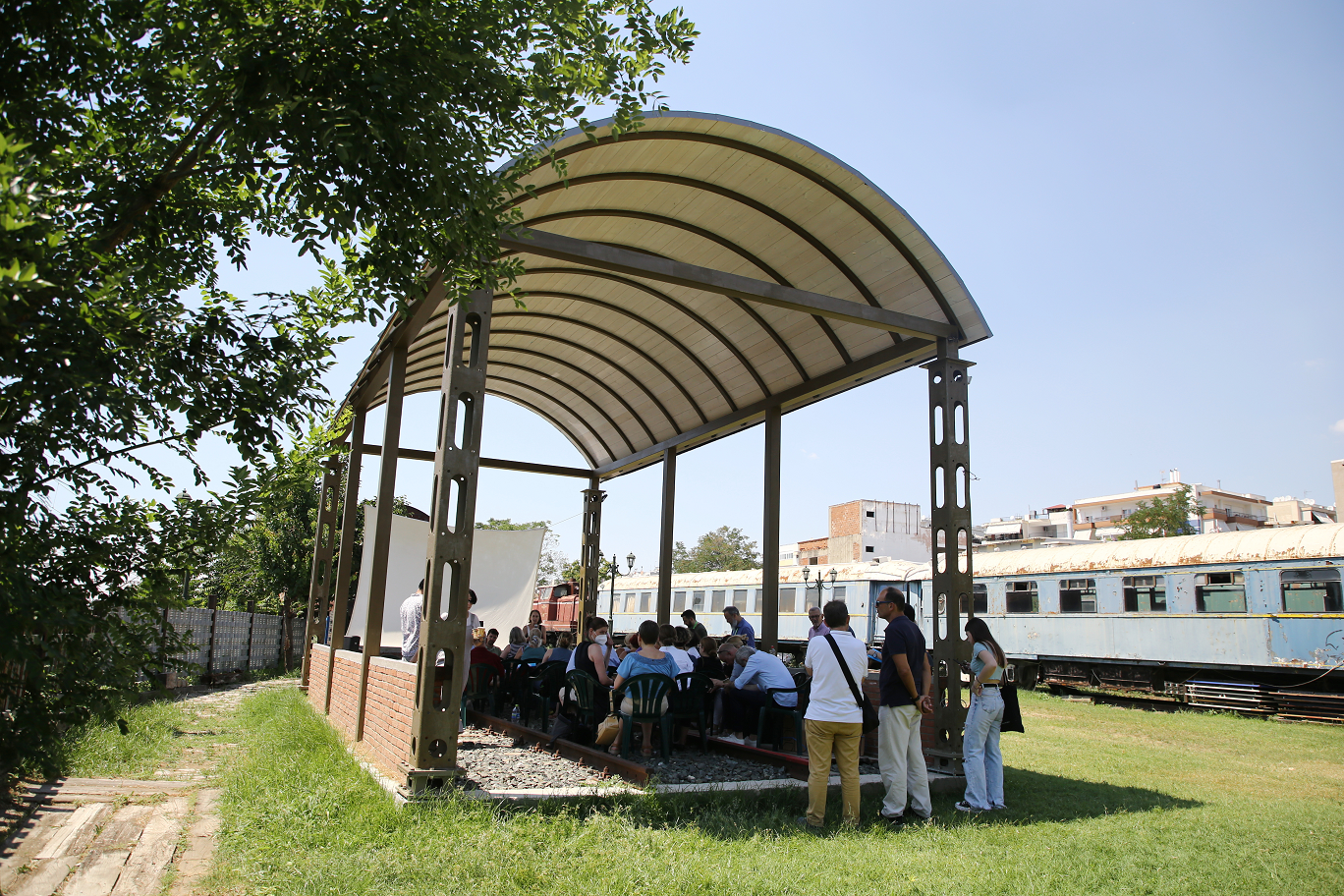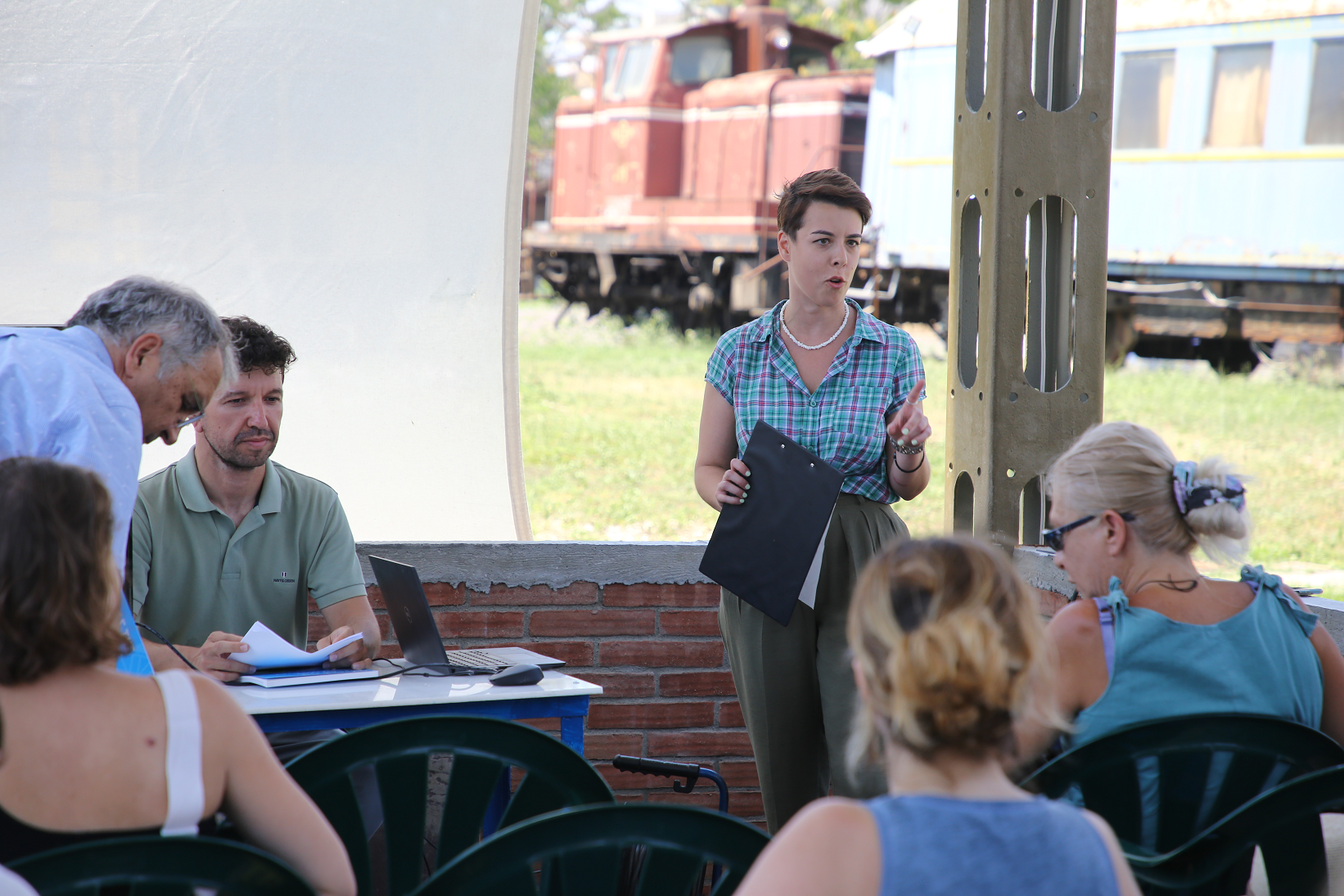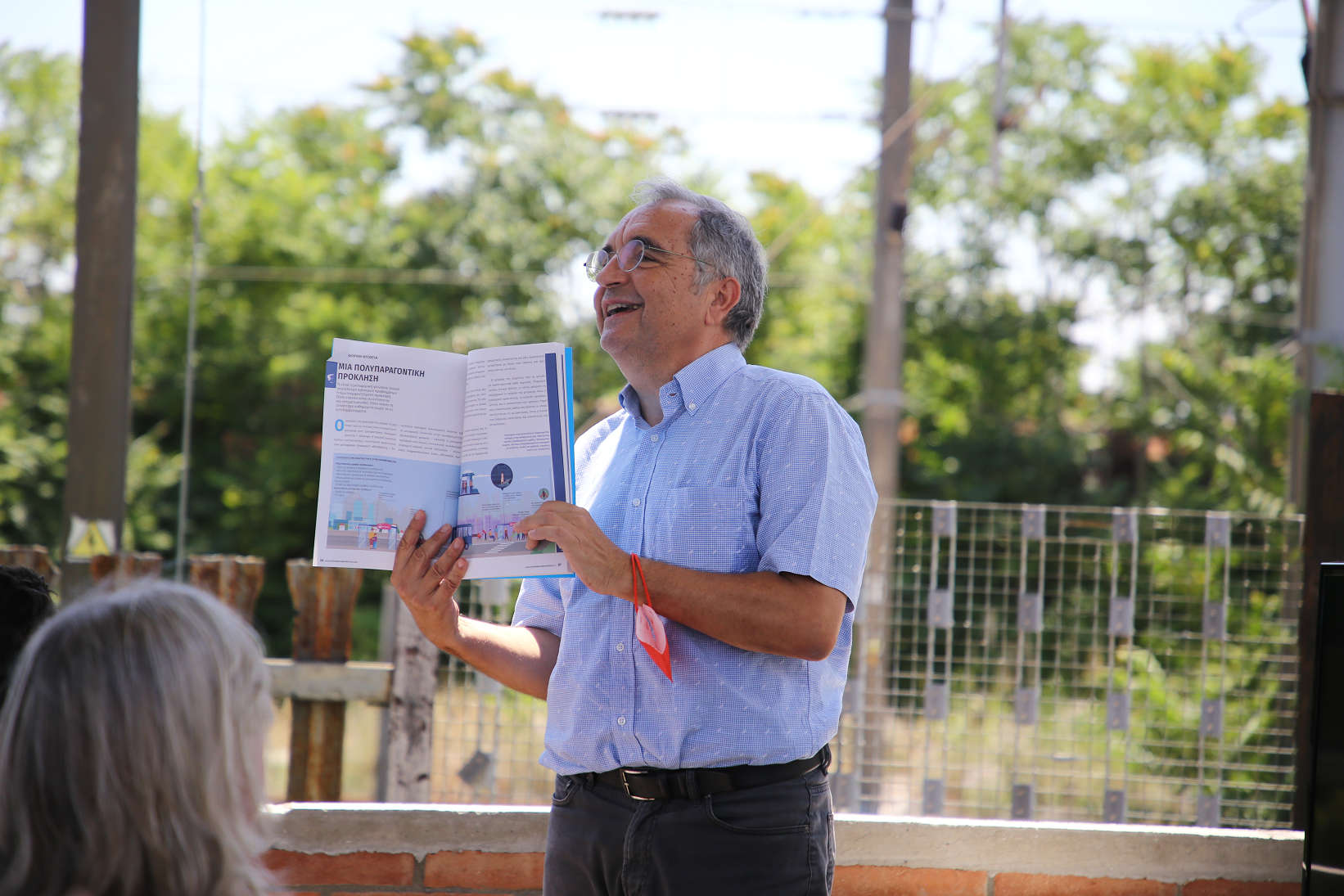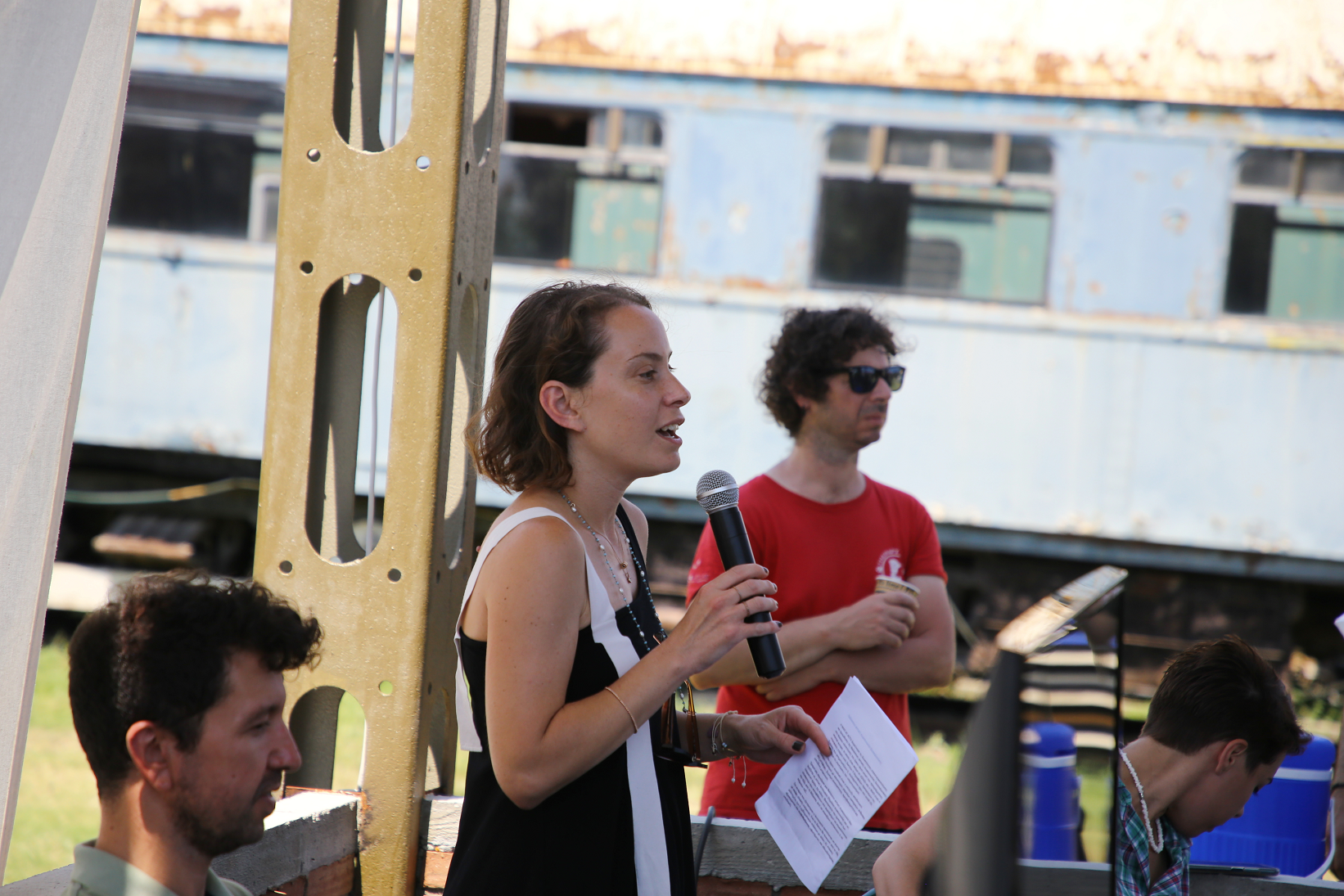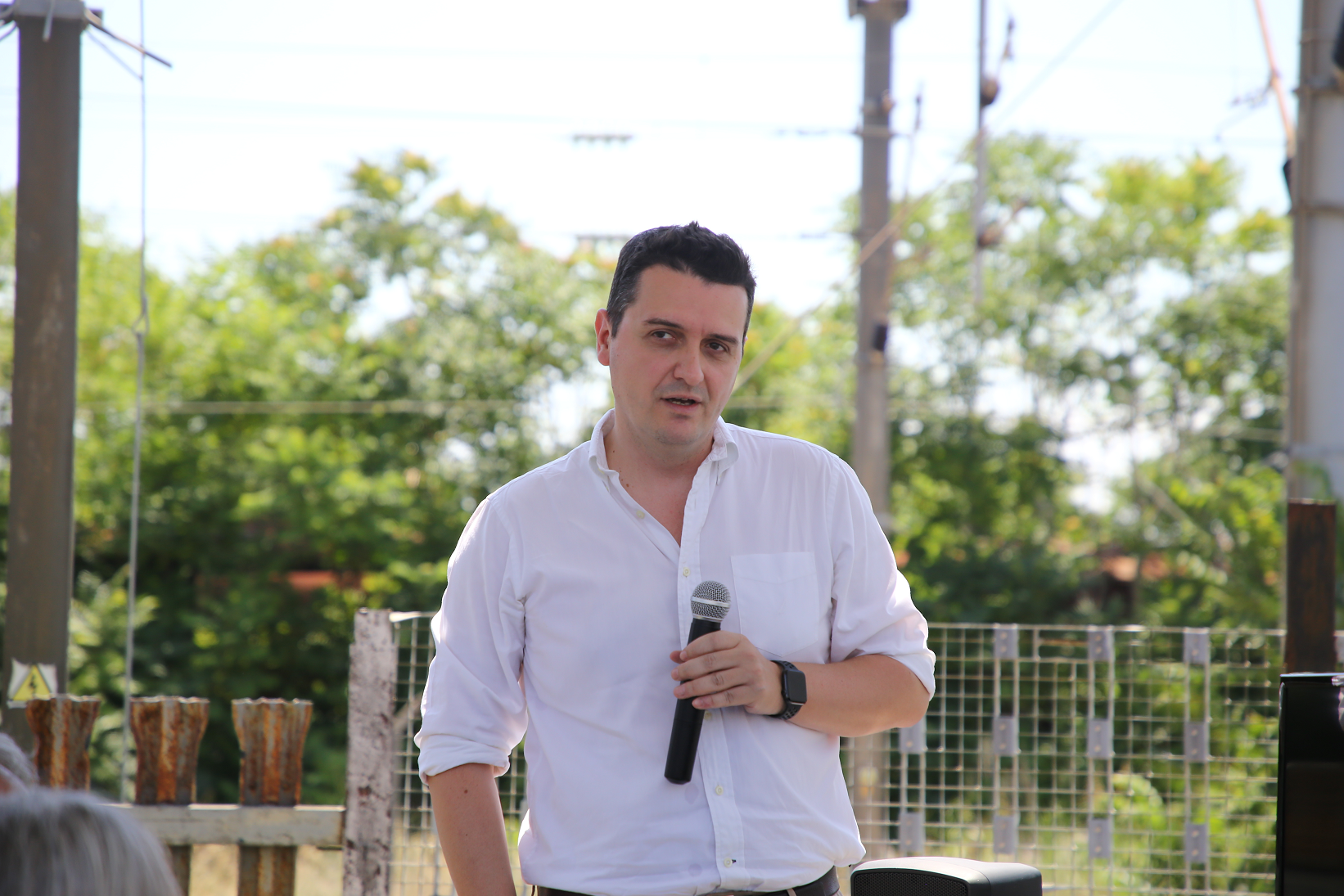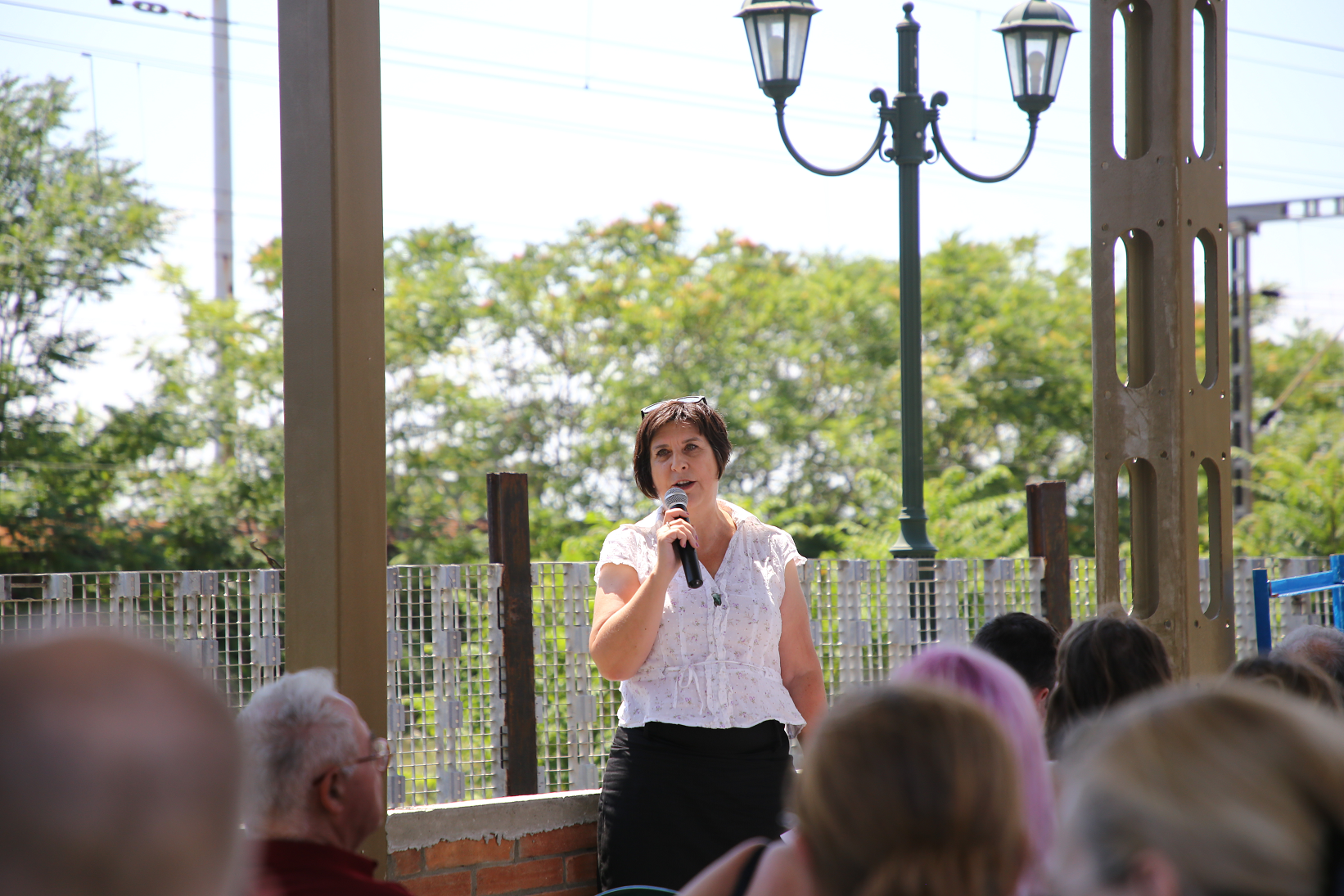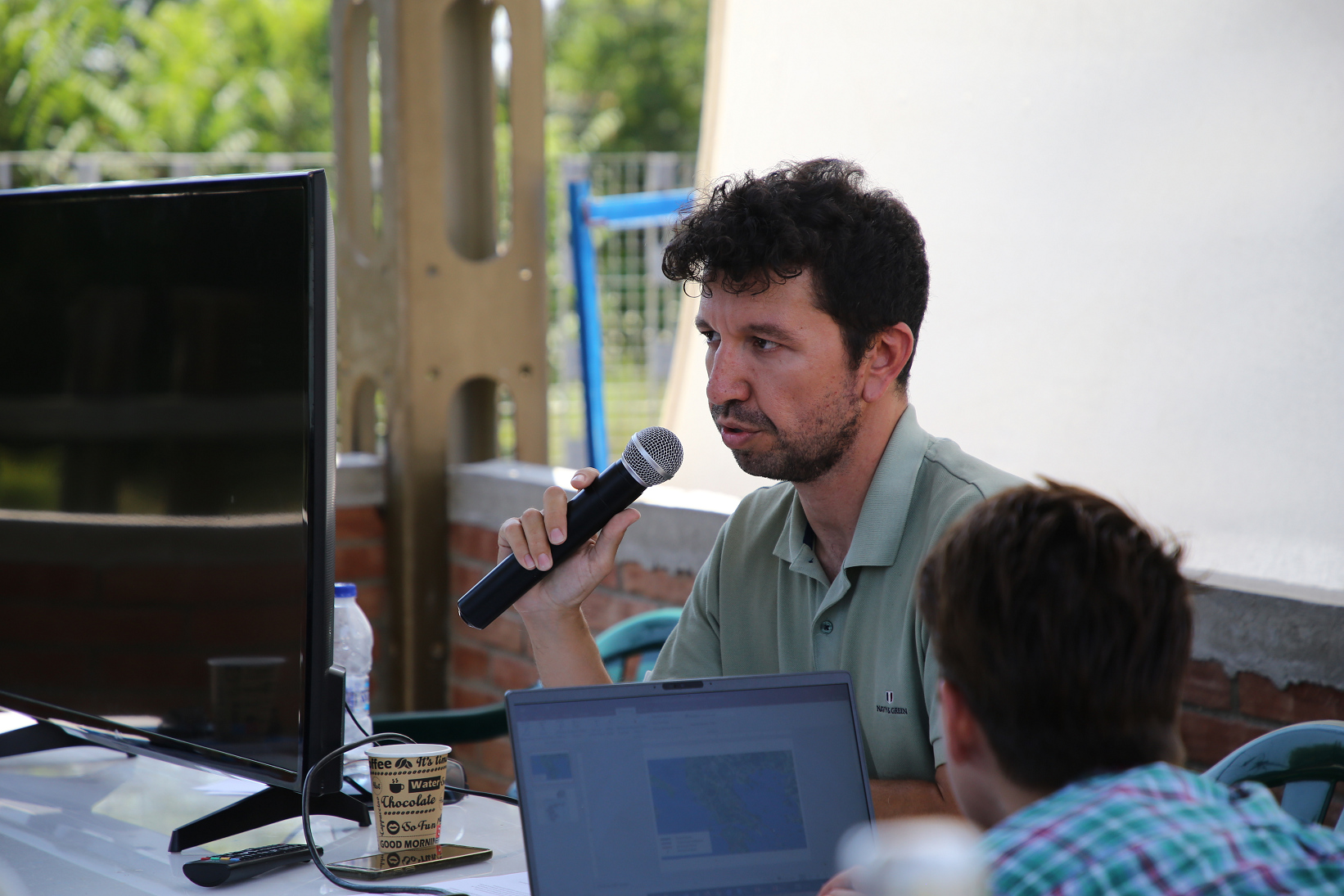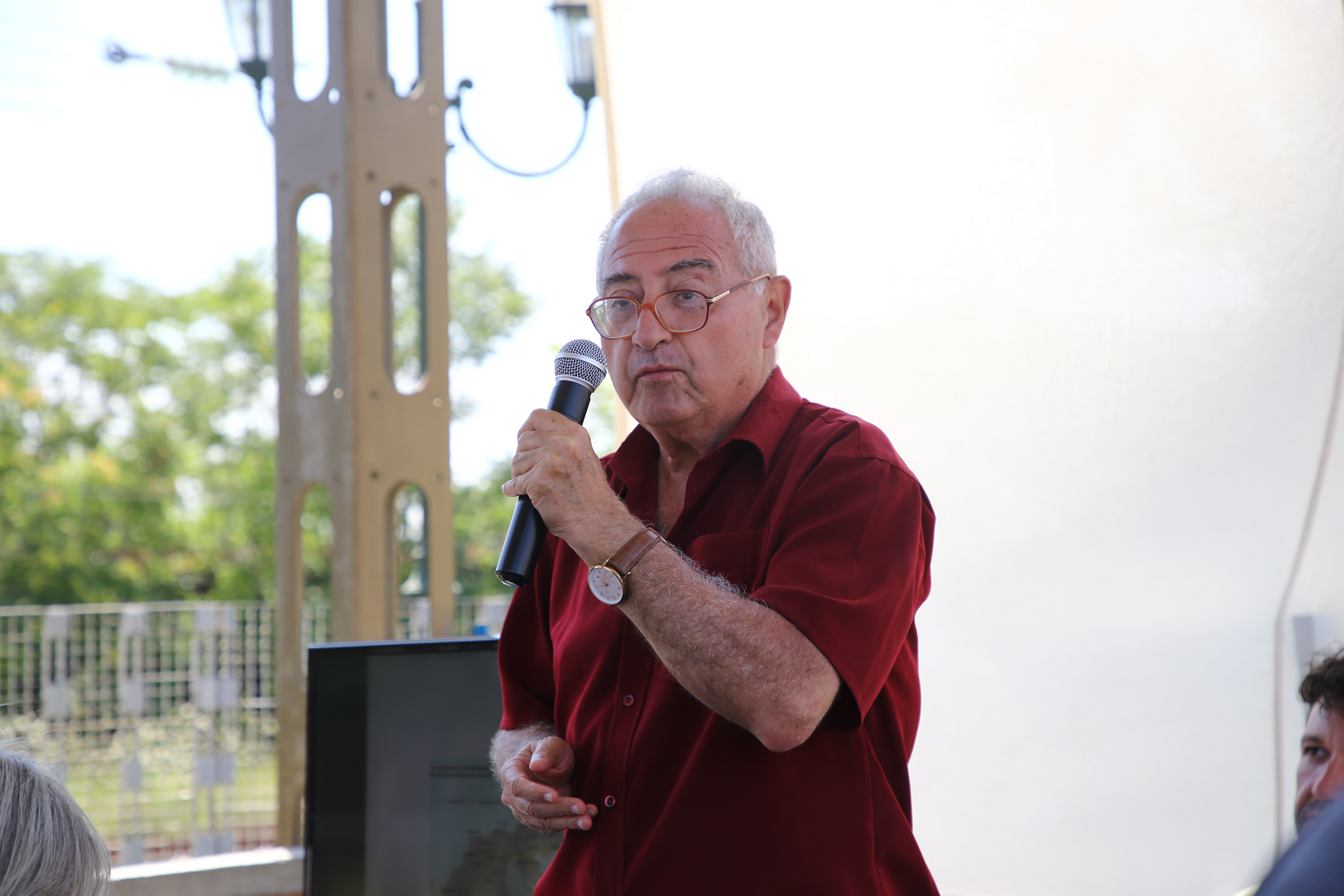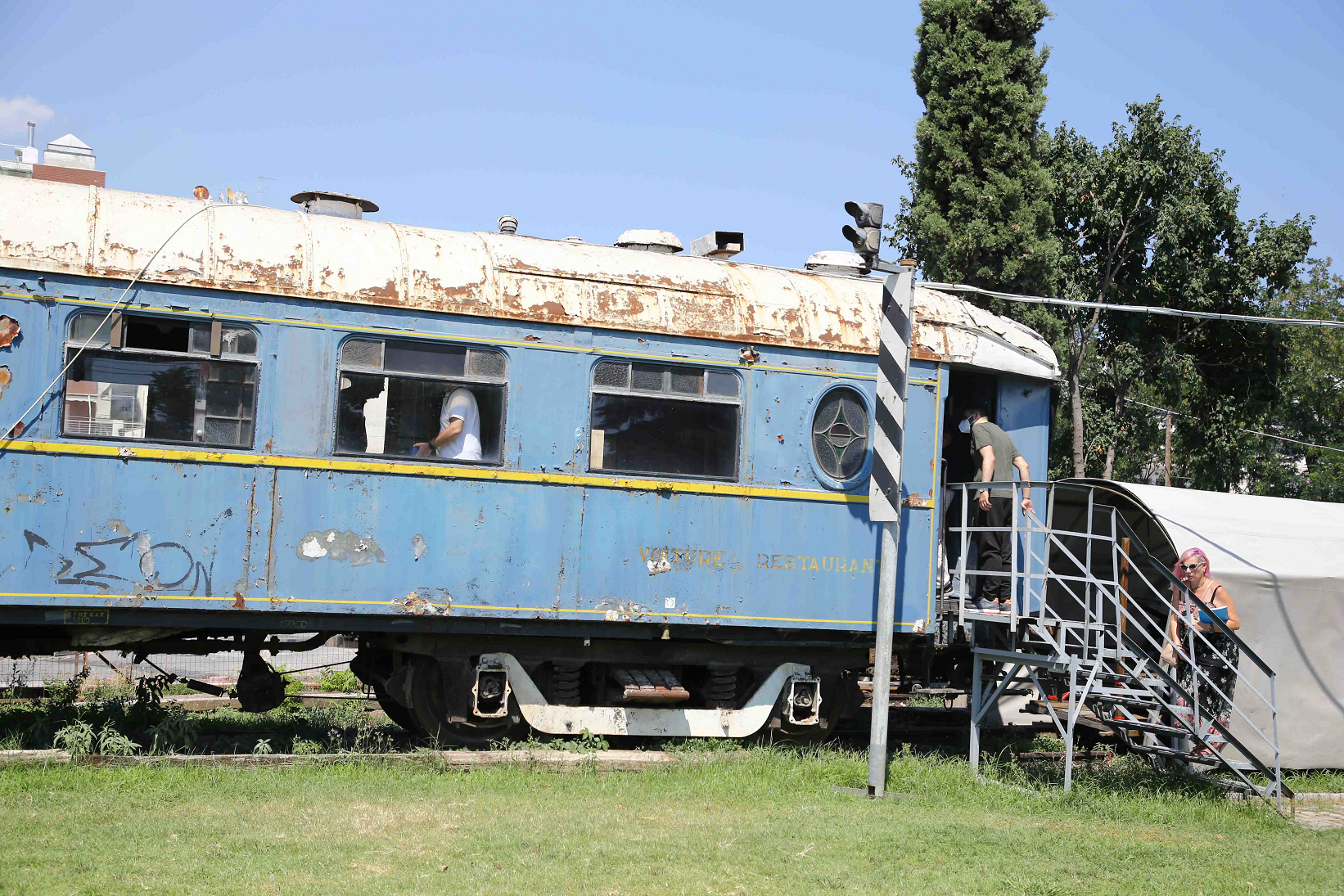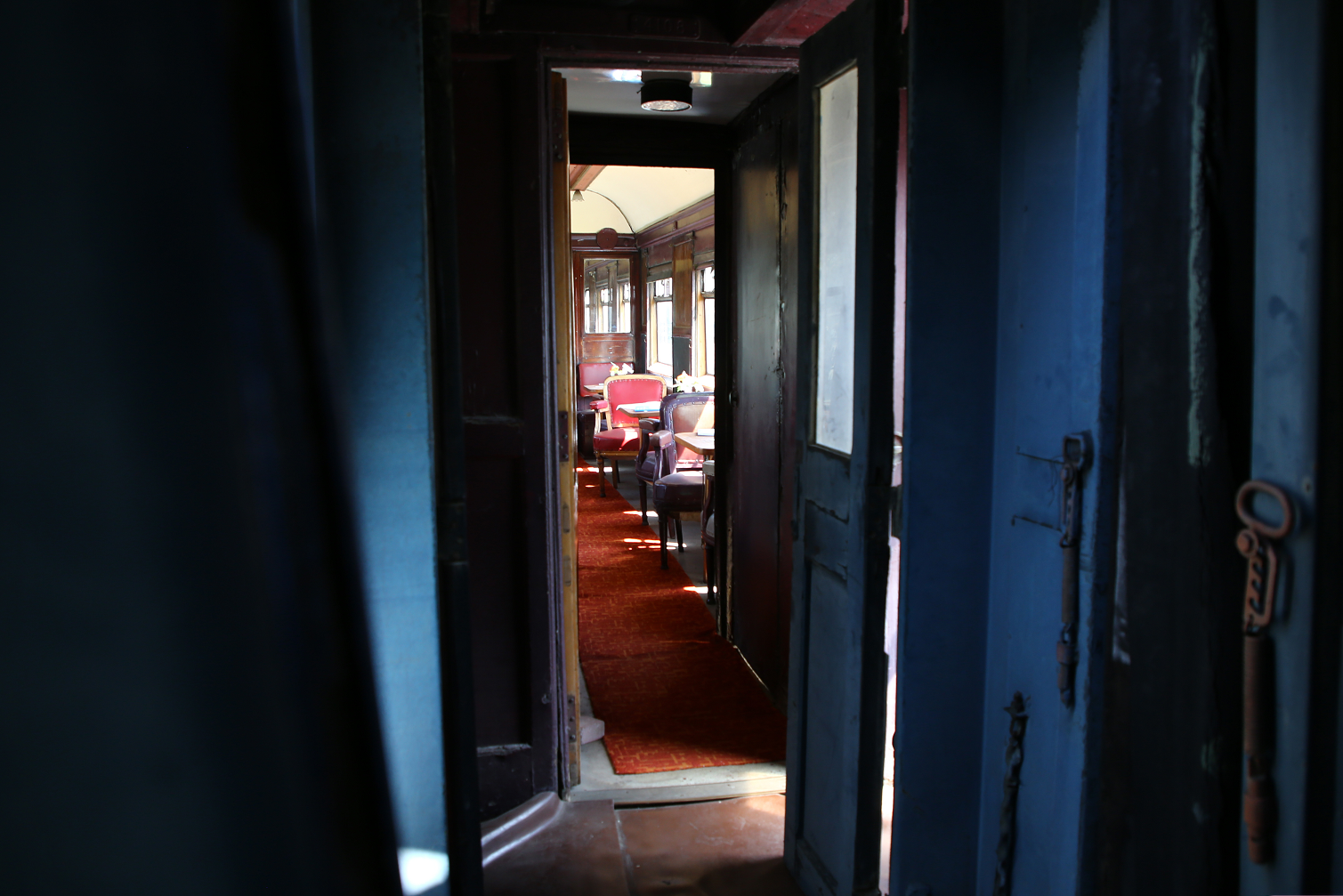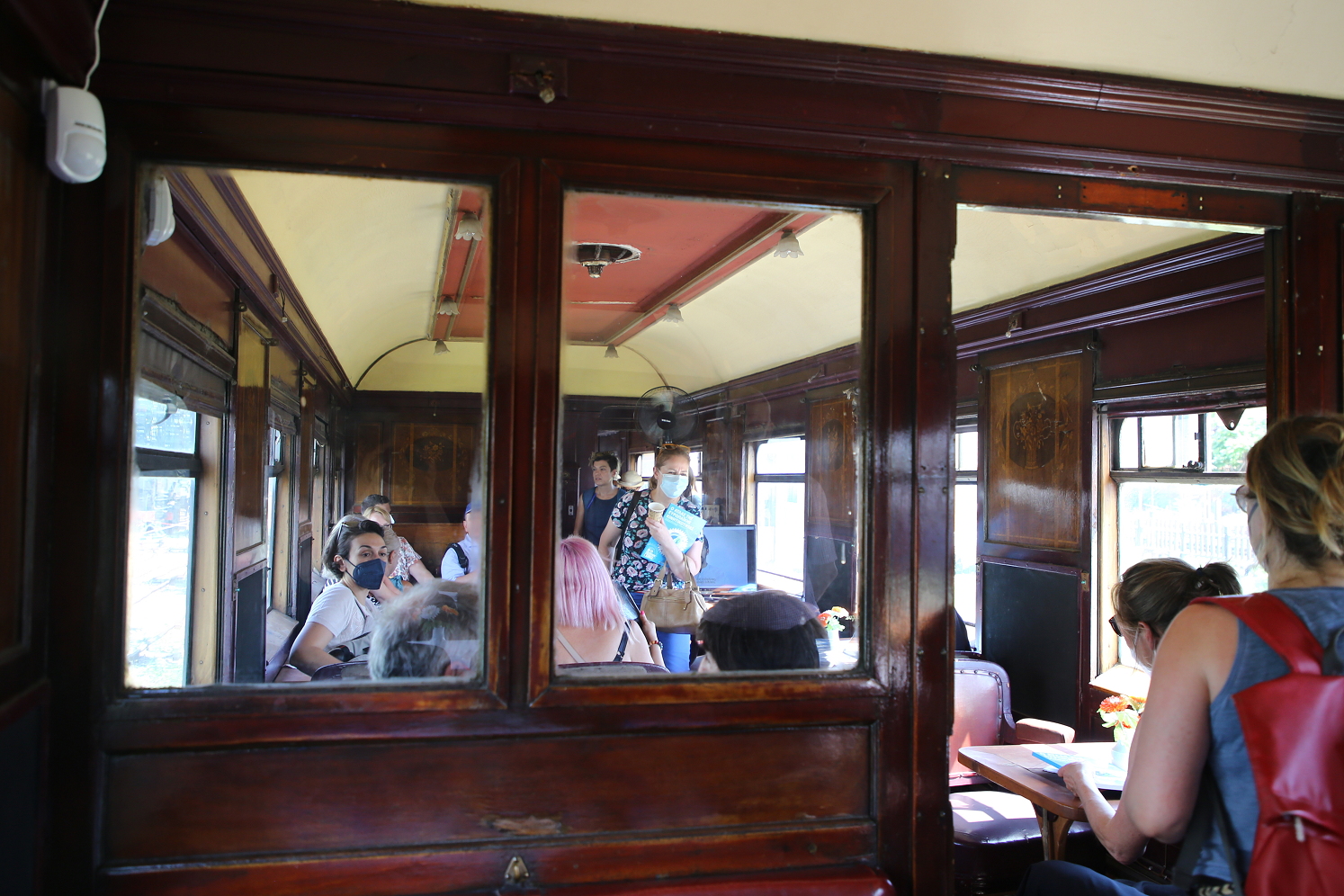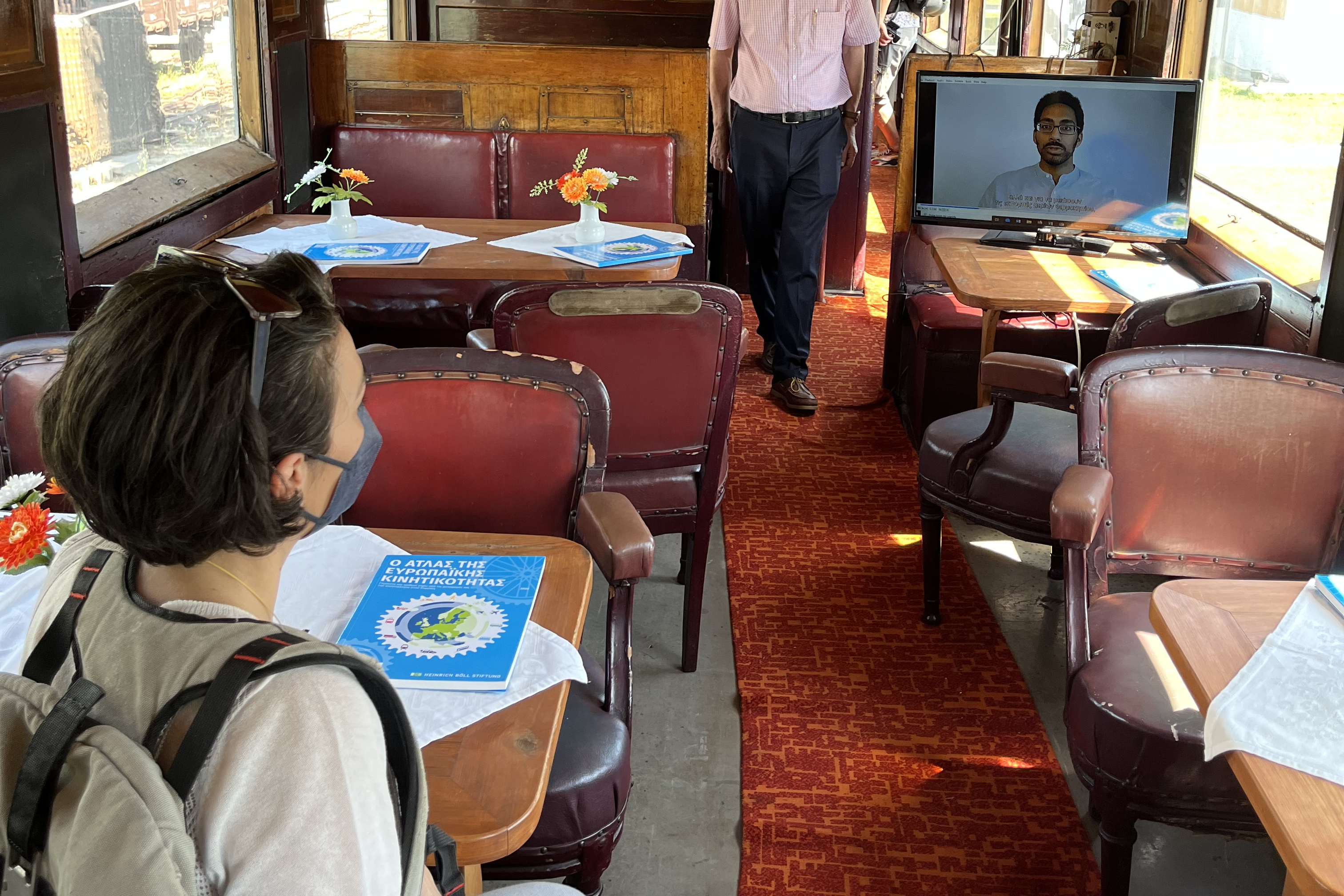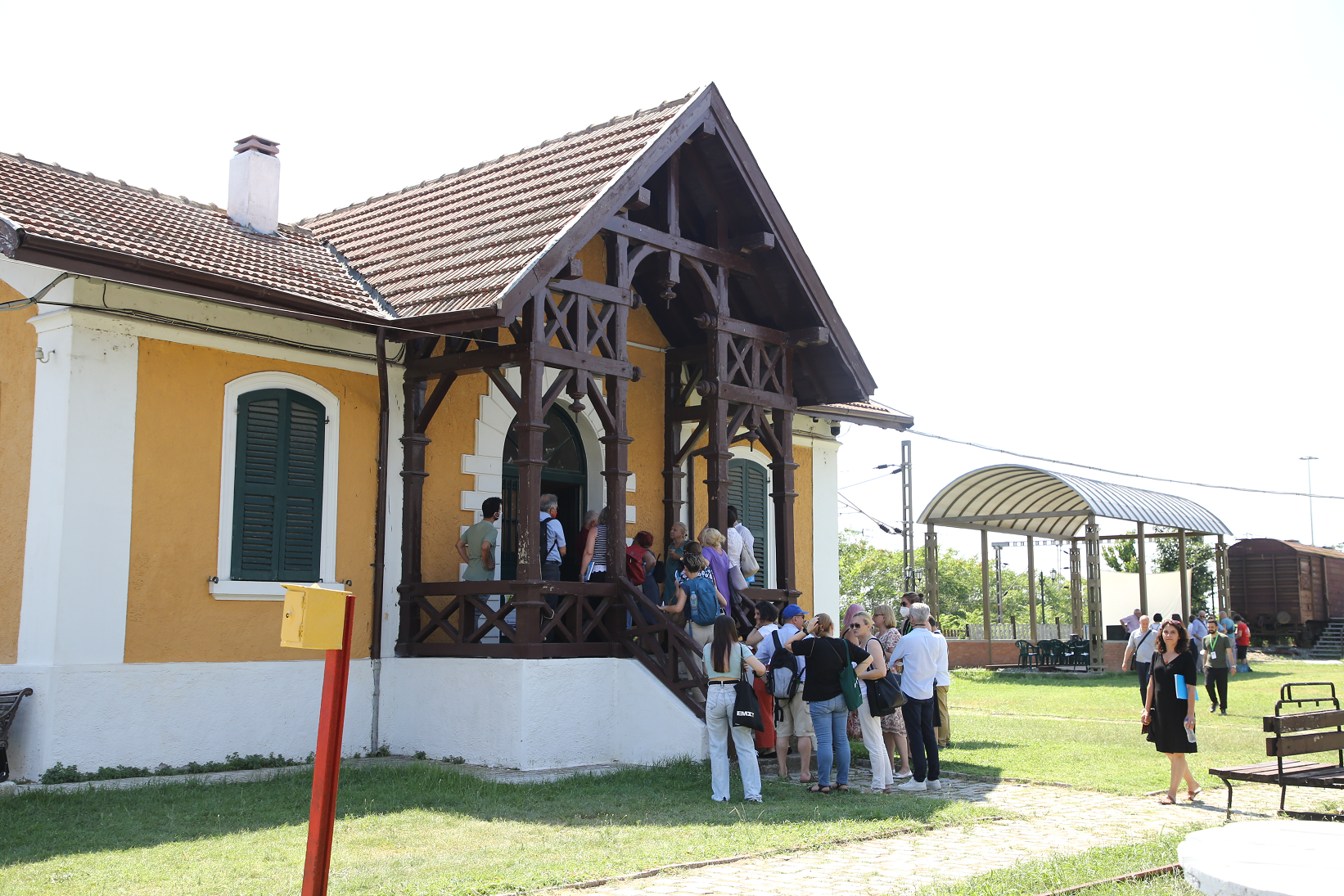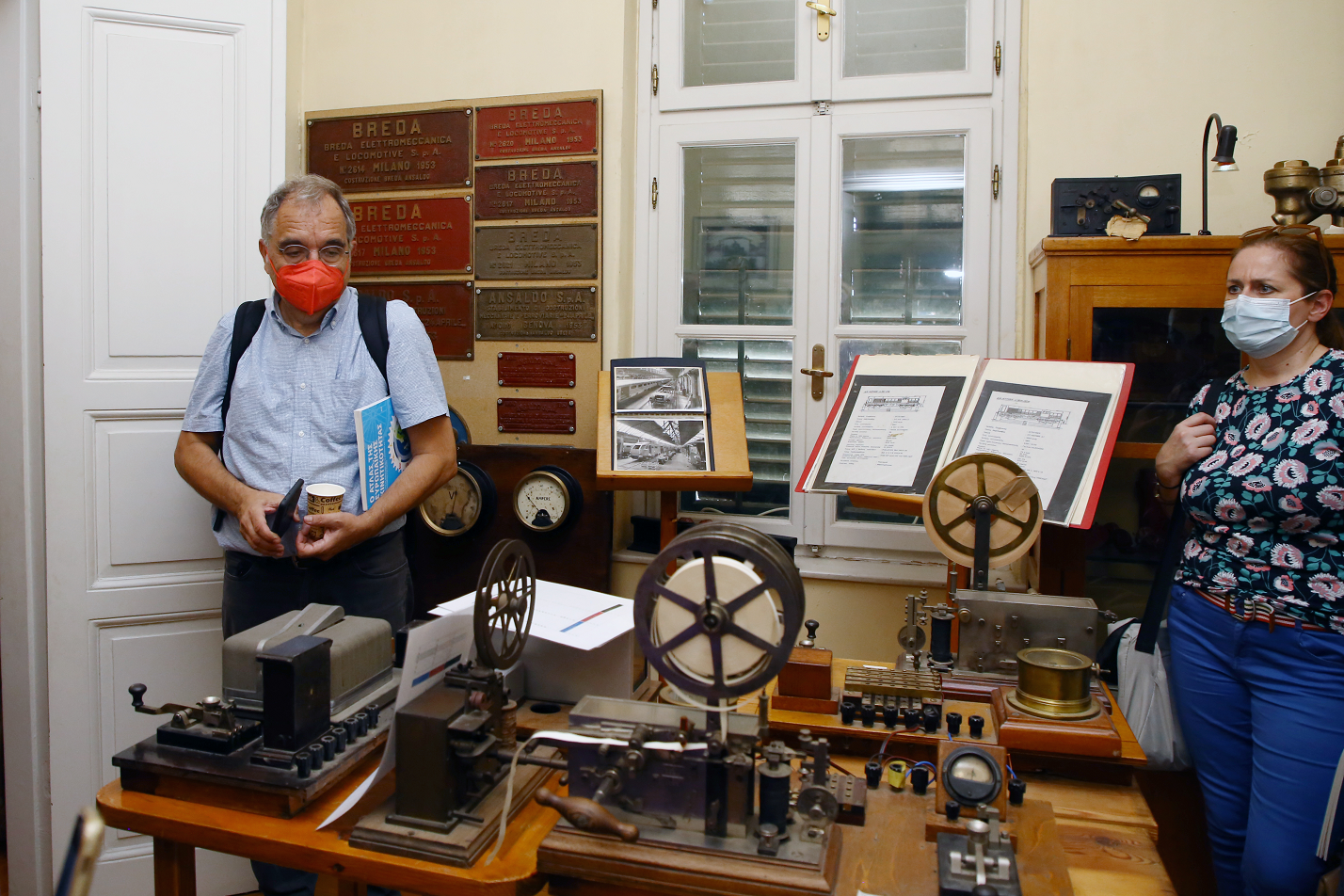“European Mobility Atlas”
Mobility, energy crisis and railways
The "European Mobility Atlas", a highly important publication by the Heinrich Böll Foundation, was released shortly before our two-day anniversary events. One of our events was therefore dedicated to the presentation of this book, for which we chose a very well-matched venue, the Thessaloniki Railway Museum in Neo Kordelio.
The "European Mobility Atlas", part of an international publication series of our Foundation, is an edited volume of about 30 texts containing many interesting facts about transport and mobility in Europe. Networks, cross-border mobility, employment, tourism, road safety, technology, energy crisis are just some of the topics covered. The Greek edition of the Atlas is essentially a new book, since, in addition to the above material, it also includes many facts and articles from the Greek experience. Our partners in this effort were the Renewable and Sustainable Energy Systems Laboratory, Environmental Engineering Department - Technical University of Crete, the Transport Engineering Laboratory, Civil Engineering Department - Aristotle University of Thessaloniki, the Major Development Agency of Thessaloniki SA, the Road Safety Institute "Panos Mylonas" and the Municipality of Trikala.
Agapi Tsampazi, Ecology Programme Coordinator at the Heinrich Böll Foundation and executive editor of the Atlas, moderated the discussion, in which participated some of the authors of the Greek edition, including Theocharis Tsoutsos, Professor at the School of Chemical and Environmental Engineering, Technical University of Crete, and Director of Renewable and Sustainable Energy Systems Laboratory, Anthi Tsakiropoulou, topographical engineer - transport engineer MSc - head of the Directorate of Urban Resilience at the Major Development Agency Thessaloniki SA, Paraskevi Tarani, architect - urban planner from the same organization, and Ioannis Politis, Assistant Professor at the Civil Engineering Department, AUTH, and Director of Transport Engineering Laboratory. We were joined also by the civil engineer and transport engineer Panagiotis Katselas, who was the scientific editor of the Greek edition of the Atlas, while the editor of the Atlas, Martin Keim, from the Heinrich Böll Foundation - European Union Office, addressed a video message.
After the presentation, Andreas Mylonakis, president of the Association "Friends of the Railway of Thessaloniki", guided us through the unique exhibits of industrial heritage that are located both in the main building and in the open-air area of the Museum. We also had the memorable experience of visiting the restaurant of the Orient Express, one of the few wagons of the legendary train that have survived worldwide. The Orient Express, which began operating in 1883 on the Paris - Istanbul route, became synonymous with luxury travel, but was also Europe's first transcontinental train, a forerunner of today's cross-border transportation.
During the presentation and the tour, many trains passed by the tracks located right next to the Museum, reminding us of the important role that this fast, safe and clean means of transportation can play in the mobility of people and of goods in our country and throughout Europe.

